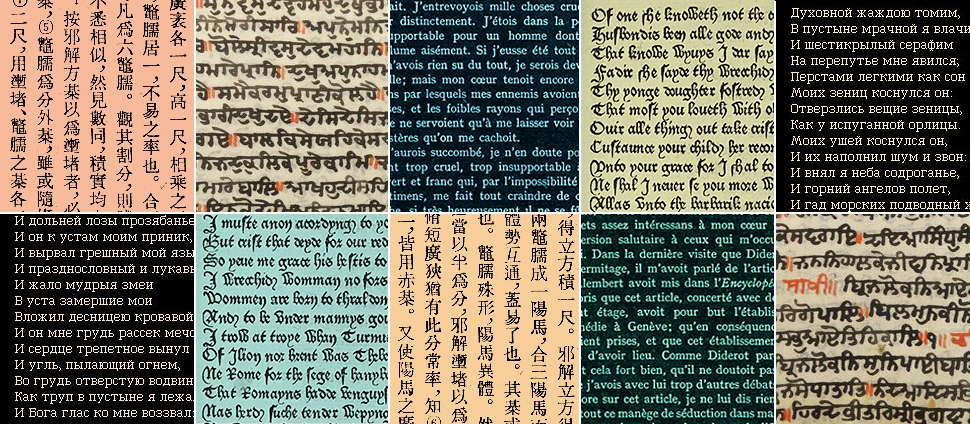
Traditional Chinese Culture’s Designs on Humanity
Files
Preview

Publication Source
Liu Zaifu : selected critical essays
Inclusive Pages
119–133
Creation Date
2021
Publisher
Brill
City
Leiden ; Boston
Document Type
Book Chapter
Description
Chapter Abstract: What deep structures in the national character impeded China’s modernization? In this 1987 essay, Liu Zaifu extends May Fourth critiques to analyze complementary “designs on humanity” in Confucian and Daoist traditions. Whereas the Confucian ritual order suppresses individuality through coercive norms, the philosophies of Laozi, Zhuangzi and Chan Buddhism teach the relinquishing of will and desires from within. Liu champions a thoroughgoing humanism to counter the ritual order’s deep-rooted master-slave disposition, egocentric focus on kinship, selfish departmentalism, and enslavement to status and “face.” For Liu, personal and national self-renewal depend on individual initiative and respect for human dignity and equality. Source: Author(s)
Book Abstract: Liu Zaifu is a name that has already been ingrained within contemporary Chinese literary history. This landmark volume presents Anglophone readers with Liu's profound reflections on Chinese literature and culture at different times. The essays collected here demonstrate Liu's historical experience and trajectory as an exiled Chinese intellectual who persistently safeguards the individuality and the autonomy of literature, refusing to succumb to political manipulation. Liu's theory of literary subjectivity has opened ways for Chinese writers to thrive and innovate. His panoramic view not only unravels the intricate interplay between literature and politics but also firmly regards the transcendental value of literature as a significant ground to subvert revolutionary dogmatism and criticize Chinese modernity. Rather than drawing upon the existing paradigm, he reinvents his own unique theoretical conceptions in order to exile the borrowed "gods." Source: Publisher



Comments
Translation by Sabina Knight of Chapter 4: "Traditional Chinese Culture’s Designs on Humanity" in Liu Zaifu: Selected Critical Essays, edited by Howard Yuen Fung Choy and Jianmei Liu